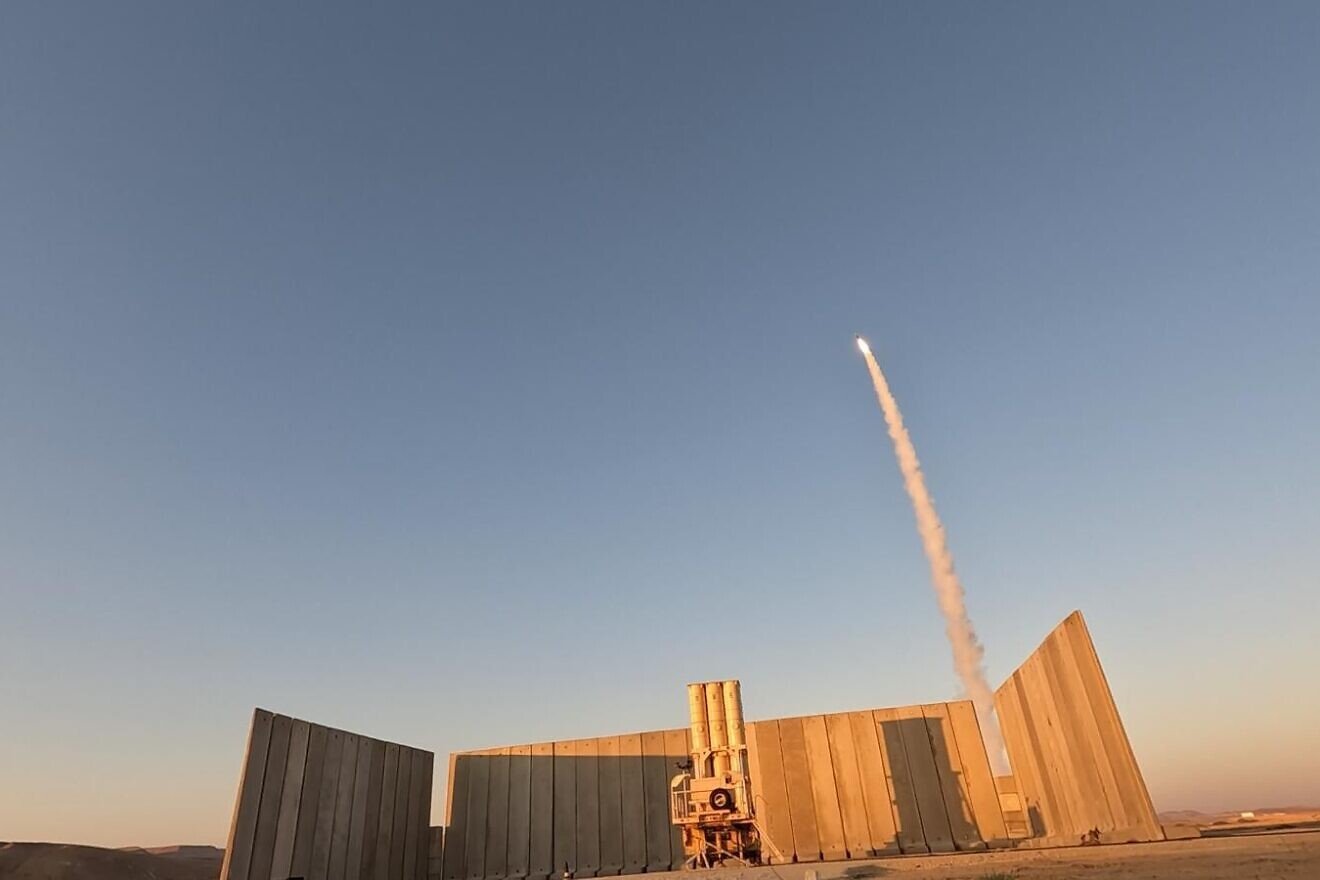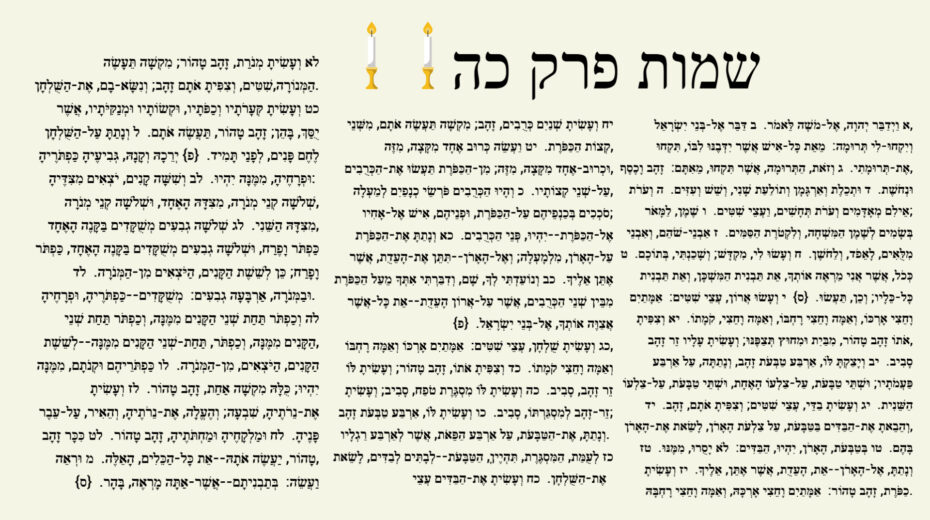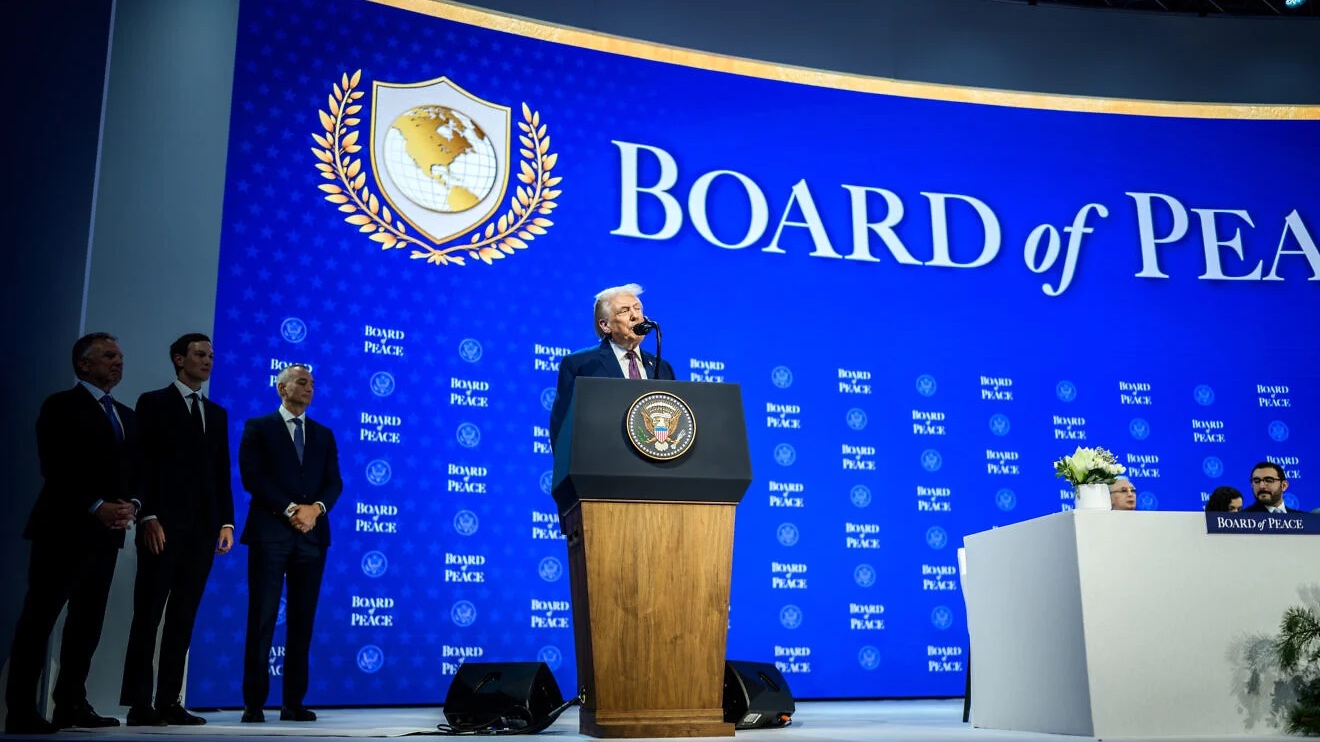(JNS) For the most part, Israel views Palestinian statehood through the lens of expanding terrorism. Though such security views are valid, a more existential hazard lies latent in “Palestine.” As this new Arab state would coincide with accelerating military threats from existing enemy states and terror groups, the cumulative impact on Israel would exceed the sum of its component “parts.”
There are readily accessible clarifications. A Palestinian state would impact the constantly changing balance of power between Israel and Iran, and between Israel and Iranian state proxies. Anticipating nuclear surrogates of the Islamic Republic, the most plausible proxies would be North Korea or Pakistan. In a conceivably worst-case scenario, Israel could find itself in direct military conflict with more powerful state adversaries. Portentously, such a confrontation could be genuinely unprecedented or sui generis.
There is currently no law-based Palestinian state, only the United Nations “Nonmember Observer State,” though this could change quickly. Amid steady denunciations of Israel’s necessary war in Gaza, pressures on Jerusalem to accept some form of Palestinian statehood have been mounting. This comes despite the fact that statehood cannot be lawfully created by accumulating multiple acts of recognition.
If Palestinian statehood and a new war with Iran would coincide, the expected costs to Israel would be “force-multiplying” or synergistic. There would also be destabilizing impacts on Israel from the variously reconfiguring jihadist terror groups. In addition to Hamas, Hezbollah, Houthi, Fatah and other “usual suspects,” the fall of Bashar Assad’s tyranny in Syria spawned Hayat Tahrir al-Sham (HTS). Ironically, at the insistence of US President Donald Trump, HTS was removed from the US State Department list of dangerous terror groups.
Though Iran and its principal sub-state surrogates were substantially weakened by their war with Israel in June, Tehran has not abandoned its nuclear ambitions. If this goal were approached or achieved together with Palestinian statehood, even by a bestowal of sovereignty that failed to meet codified international-law prerequisites, the “whole” war outcome would be greater than the sum of its “parts.”
Ipso facto, “Palestine” would also become a reliable ally of Iran.
For Israel, these issues and expectations should be viewed as an intellectual rather than a political problem.
A “two-state solution,” for example, would enlarge not only the jihadi terror threat to Israel, conventional and unconventional, but also the tangible prospects for a catastrophic regional war. Even if such a war were fought while Iran was still pre-nuclear, Tehran could use radiation dispersal ordnance or electromagnetic pulse weapons (EMP) against the Jewish state and/or target Israel’s Dimona nuclear reactor with conventional rockets and drones.
“Everything is very simple in war,” warns classical Prussian strategist Carl von Clausewitz in his classic treatise On War, “but the simplest thing is still very difficult.”
What about North Korea and a future war against Israel in the Middle East? Pyongyang has a documented history of active support for Iran and Syria. North Korean leader Kim Jung Un built the Al Kibar nuclear reactor for the Syrians at Deir al-Zor, which was pre-emptively destroyed by Israel in its “Operation Orchard,” also known as “Operation Outside the Box,” on Sept. 6, 2007. In the absence of “Orchard,” HTS jihadists in Syria would already have inherited a nuclear-weapons option.
What about Pakistan? As a potentially unstable Islamic state with nuclear weapons, Pakistan is continuously subject to coup d’état by assorted jihadi elements, and is aligned with Saudi Arabia and China. Looking ahead, the Sunni Saudi kingdom could decide to “go nuclear” itself, more likely in response to Iran’s Shi’ite nuclear program than to Israel’s de facto military dominance.
Would such a decision by Riyadh represent a net gain or net loss for Israel? It’s not too soon to ask this simple but perplexing question. Derivatively, Jerusalem should consider correlative decisions by Egypt and Turkey. Facing a still-nuclearizing Iran, would Israel be better or worse off with a simultaneously nuclearizing Egypt and/or Turkey?
On such elemental nuclear issues, truth may be counterintuitive. For Israeli nuclear deterrence to work in the long term, Iran will need to be told more rather than less about Israel’s nuclear targeting doctrine and the invulnerability of the nuclear forces and infrastructures of the Jewish state. In concert with such changes, Jerusalem will need to clarify its too-opaque “Samson Option.” The key objective of such clarification would not be to affirm Israel’s willingness to “die with the Philistines,” but, instead, to enhance the “high destruction” end of its nuclear-deterrence continuum.
During the next six months, bolstered by world public antipathies to Israel’s policies in Gaza, Palestinian leaders will launch a major effort to acquire statehood. Even if this effort were founded on legitimate jurisprudential foundations (i.e., on principles of the 1933 “Montevideo Convention”) and even if such antipathies to Israel were generally visceral rather than law-based, Jerusalem would still have to evaluate restarted nuclear dangers from Iran in tandem with projected hazards of “Palestine.” Because these perils would serve to be synergistic or force-multiplying, Israel’s only rational course should be to oppose both threats strenuously and simultaneously.
Want more news from Israel?
Click Here to sign up for our FREE daily email updates














